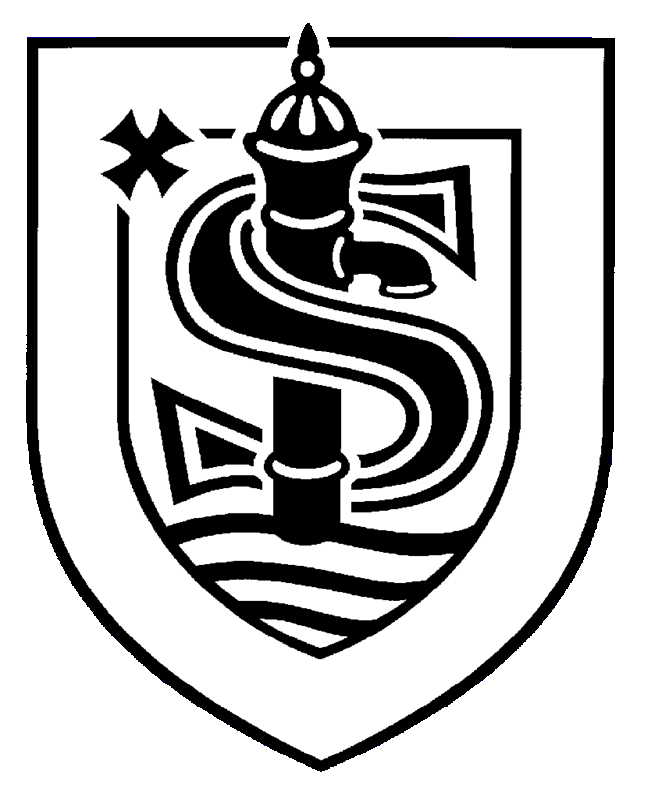Personal, Social and Health Education
Intent
Broad
- To cover a broad range of personal, social, health and emotional well-being topics.
 To cover strands all strands planned by SCARF Scheme of work (Coram Life Education).
To cover strands all strands planned by SCARF Scheme of work (Coram Life Education).
- SCARF: Safety, Caring, Achievement, Resilience, Friendship
- To discuss and share thoughts on a range of different topics through a broad range of mediums- drama, conversation, writing, art etc.
- Include links with other subjects in the curriculum to reinforce skills, knowledge and understanding and enhance learning.
Balanced
- Teaches children skills in order to be balanced and well-mannered individuals who can manage and communicate their thoughts and needs in a clear and demonstrative way.
- For children to learn the skills needed to ‘put themselves into other people’s shoes’ and to understand how to empathise with others.
Progressive
- Strands built upon from KS1 to KS2
- We follow 6 subheadings which are the same for each year group. The ideas and content discussed with children is progressive in its nature and allows children to use previous learning and understanding and to build on this year on year.
- I can statements used that break down the progression of knowledge skills and understanding into key stages; EYFS, KS1, LKS2 and UKS2.
Cumulative
- Knowledge is revisited and skills developed by repetition and reinforcement in use with other curriculum areas and as pupil’s progress through the school.
- Children given the opportunity to try out some of the new skills that they have learnt and to feed back to members of their class or school community to embed learning skills.
Inclusive
- A range of technology and teaching approaches can be used by teachers to deliver this curriculum.
- All children take part in these sessions. Interventions and catch up sessions do not take place during PSHE sessions to ensure all individuals access the learning taking place.
- The SCARF scheme of work has inclusivity at its very heart. Children are taught how to be more inclusive and how to treat peers in the same ways. Discrimination is discussed in many different forms and is not tolerated in any PSHE sessions. Children are reminded about this in the code of conduct discussed and shared at the beginning of every PSHE session.
Implementation
- A two year rolling programme is used to plan for the needs of mixed year classes. 6 units of learning are taught throughout the year with one for each half term.
- PSHE lead has adapted the SCARF scheme to ensure that there is a mix of each year group taught in our mixed aged classes. Each unit is covered in full over the two years that children are in each key stage (for KS1 upwards).
- PSHE lessons are taught weekly but may also be taught within other National Curriculum areas.
Impact
- Teachers use formative assessment during teaching and learning and provide support as needed so that all children make expected progress.
- There are three ways we measure progress with PSHE-
- SCARF Progress- children to pre and post unit assessment activities where they measure their own success and learning from the start to the end of a unit.
- SCARF Success- using the ‘I can…’ statements, summarising learning against each unit’s key learning outcomes
- Wearing My Scarf- where children reflect on their own PSHE and well-being related journey.
- The level each child is working at (whether in line with the majority of I can statements for their year group, below or above) will be recorded and input into the school’s tracking system twice a year (February half term in preparation for written parent reports and at the end of the academic year) to provide the receiving teacher with up-to- date information.
